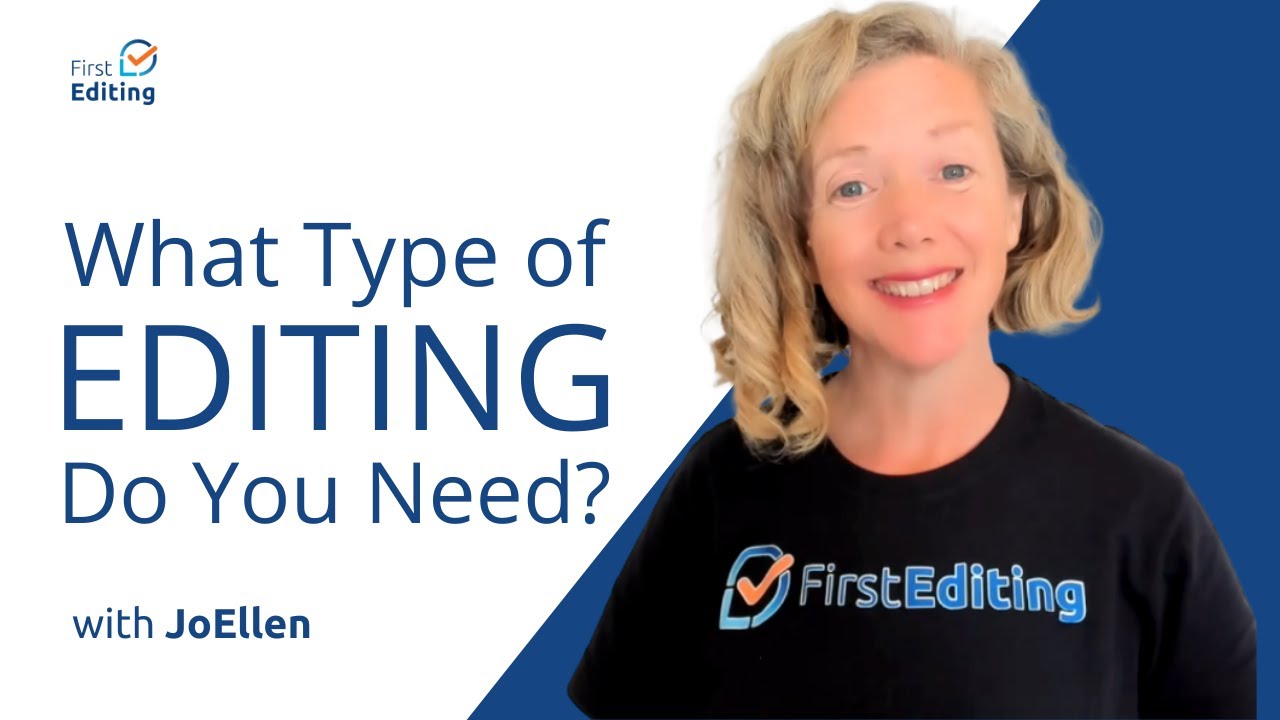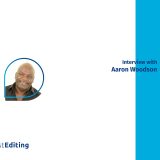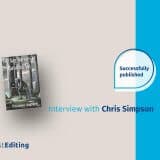

What is an Abstract?
This article focuses on how to write an abstract, a crucial part of any thesis. Essentially, it is a summary of all the sections that comprise the research. Along with detailing the key points of the study (e.g., objectives, hypotheses, research questions, methods, results), it also briefly explains the methodology and the results.
Usually positioned at the start of a paper, just before the Table of Contents, the purpose of an abstract is to answer the main research questions of a study. The word count is very short, with most journals specifying a strict word limit of between 100-300 words.
It is often the case that abstracts are the only thing that a researcher sees when browsing through the existing research on a specific subject. Therefore, abstracts should be concise and to the point.
The aim of a thesis abstract is to answer all the research questions and summarize the four main sections: Introduction, Methodology, Results, and the Discussion.
What makes a good abstract?
Multifunctional in nature, the abstract gives a brief yet detailed summary of the study. Therefore, it is not to be written as an introduction, but rather contain all the elements of the thesis within the small word count. As such, you should mention the methods used, report the main results, and give your interpretation of the major findings.
Also ensure to format the abstract according to the submission guidelines provided by the university or publisher. The most important elements to consider are line spacing, page margins, and word count. Most abstracts do not contain paragraph indentations. Keywords should be listed on a new line after the bulk of the abstract.
Now, let’s take a look at how to condense the key points of your thesis into the Abstract.
Study aims
First, explain your reasoning for conducting the study. Mention the primary research question and why it is relevant in the scope of the existing knowledge of the research topic. Next, state the research goals and your data collection methods. Since you should write the abstract last, you will have already processed the results and findings; therefore, you can use the past tense to describe the methods and results.
Methodology
Reserve a couple of sentences to briefly describe the methodology. Without leaving any important steps out, state your data collection methods. Avoid going into detail about whether it was successful or not.
Results/Conclusion
Highlight the most significant results and provide a brief summary. Try to reserve the remaining words for your conclusion. To wind up the abstract, state whether your results answer your initial research questions/hypotheses and why. If the results of your study were positive, you can briefly suggest recommendations for future studies and how the results of your study can be put to use.
Tips
- At the end of your abstract, try to include a set of keywords that are relevant to the thesis. The use of keywords aids researchers when looking for studies relevant to their own.
- Make sure to state whether your study serves to support or contradict an existing theory.
- While an abstract needs to be concise and comprehensive in describing the study as a whole, try to focus on the major points and findings to adhere to the strict word count.
- Write the abstract as a unique piece as opposed to copy/pasting specific statements from your thesis.
- Like the Introduction section, the Abstract should be written as the final stage of the thesis to account for any changes or deviations that may occur during the research.
Conclusion
A necessary part of every thesis and published article, the Abstract is an area of academic writing that many students and researchers take time to perfect. There are many guides, templates, online videos and published examples available online on how to write an abstract. You can also search journal archives online, such as JSTOR, ArXiv, and Elsevier, where you can find numerous examples of abstract in published journals.
In summary, the following list details the key points of this article on how to write an abstract:
- The abstract is a brief yet concise summary of your thesis or article. The more accurate and direct the abstract, the easier it will be for readers to place in the context of their own research.
- Include a list of keywords at the end of the abstract. Keywords function as search terms in online databases, so be precise in your choice of words to ensure maximum visibility to researchers.
- The abstract should be the last section written in the thesis. This is to account for any changes in the methodology or unexpected results.
- The average length of an abstract is 280 words. The total word count set by universities and institutions is generally between 100-300 words.











